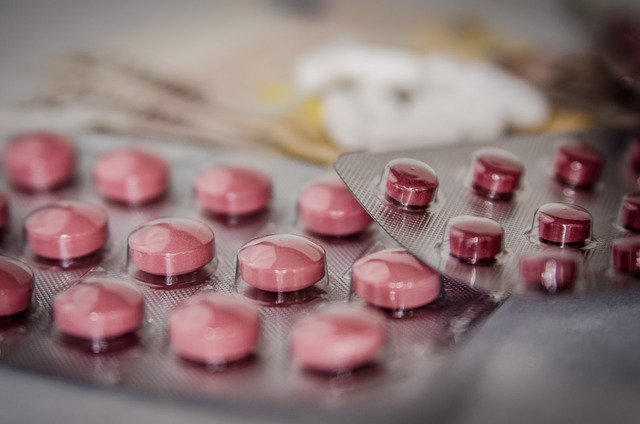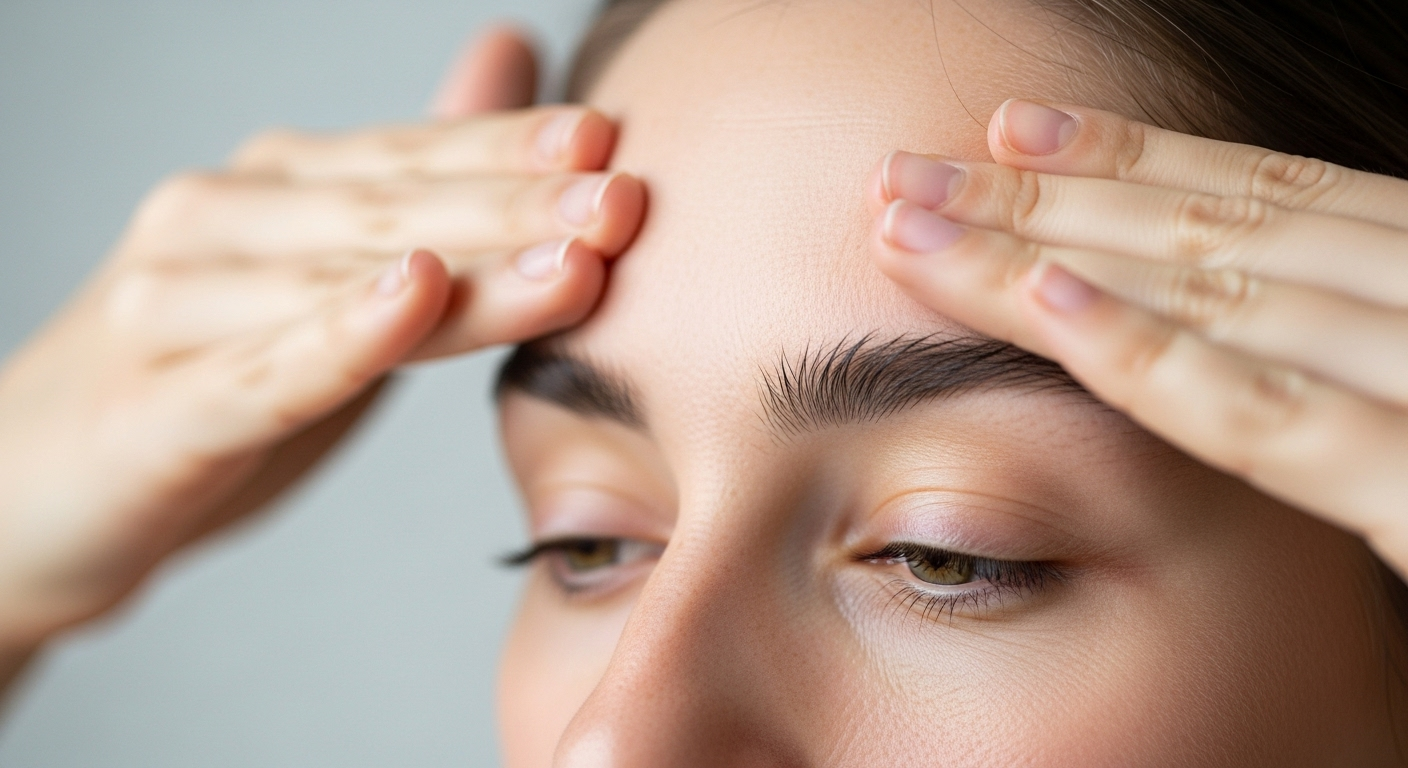Exploring effective treatments for ADHD: medication, naturopathy, and lifestyle management.
Millions suffer from Attention Deficit Hyperactivity Disorder, and finding effective ADHD treatments is crucial. Options range from stimulant and non-stimulant medications to natural remedies like dietary adjustments and mindfulness. Therapeutic techniques such as cognitive-behavioral therapy, family therapy, and ADHD coaching services offer additional support. A personalized ADHD treatment plan can effectively address individual symptoms and needs.

ADHD is a neurodevelopmental condition that significantly impacts how individuals process information, manage attention, and regulate behavior. The complexity of this disorder requires a multifaceted approach to treatment, combining evidence-based medical interventions with complementary strategies that address the whole person.
The Diagnostic Process and Symptoms of ADHD
Accurate diagnosis forms the foundation of effective treatment. Healthcare professionals use standardized assessment tools, behavioral observations, and detailed medical histories to identify ADHD symptoms. The diagnostic process typically involves comprehensive evaluations that examine attention span, hyperactivity levels, and impulsivity patterns across different environments. Common symptoms include difficulty sustaining attention, excessive fidgeting, interrupting conversations, and challenges with organization and time management. Early identification allows for timely intervention, which can significantly improve long-term outcomes.
What Are the Causes and Treatments for ADHD?
Research indicates that ADHD results from a combination of genetic, neurological, and environmental factors. Brain imaging studies reveal differences in neurotransmitter function, particularly involving dopamine and norepinephrine pathways. Treatment approaches vary based on individual needs and may include stimulant medications like methylphenidate and amphetamines, non-stimulant options such as atomoxetine, and behavioral therapy interventions. The most effective treatment plans often combine multiple approaches, tailored to address specific symptoms and life circumstances.
Effective Non-Pharmacological Treatments for ADHD
Beyond medication, numerous evidence-based therapies support ADHD management. Cognitive behavioral therapy helps individuals develop coping strategies and organizational skills. Parent training programs teach effective behavior management techniques for children with ADHD. Mindfulness practices and meditation can improve attention regulation and emotional control. Educational accommodations in school settings provide structured support for learning challenges. These interventions work synergistically with medical treatments to create comprehensive care plans.
What Are Effective Ways to Manage ADHD Symptoms in Daily Life
Daily management strategies play a crucial role in ADHD treatment success. Establishing consistent routines helps create predictable structure that supports attention and organization. Time management tools, including planners and digital reminders, assist with task completion and deadline management. Regular exercise has been shown to improve focus and reduce hyperactivity symptoms. Creating organized physical environments minimizes distractions and supports concentration. Sleep hygiene practices ensure adequate rest, which directly impacts attention and emotional regulation.
Medications and Foods That Can Help Treat ADHD
Pharmacological treatment remains a cornerstone of ADHD management for many individuals. Stimulant medications typically show rapid effectiveness in improving attention and reducing hyperactivity. Non-stimulant alternatives provide options for those who experience side effects or have contraindications to stimulants. Nutritional approaches, while not replacing medical treatment, can provide supportive benefits. Omega-3 fatty acids, found in fish and supplements, may support brain function. Protein-rich foods help stabilize blood sugar and neurotransmitter production. Limiting processed foods and artificial additives may reduce symptom severity in some individuals.
| Treatment Type | Provider/Option | Key Features | Cost Estimation |
|---|---|---|---|
| Stimulant Medication | Psychiatrist/Primary Care | Fast-acting, high efficacy | $30-200/month |
| Behavioral Therapy | Licensed Therapist | Skill development, coping strategies | $100-200/session |
| Nutritional Counseling | Registered Dietitian | Dietary modifications, supplement guidance | $75-150/session |
| Educational Support | School Psychologist | Accommodations, learning strategies | Covered by public education |
| Alternative Therapies | Naturopathic Doctor | Holistic approach, natural supplements | $150-300/visit |
Prices, rates, or cost estimates mentioned in this article are based on the latest available information but may change over time. Independent research is advised before making financial decisions.
Integrating Treatment Approaches for Optimal Outcomes
Successful ADHD management typically involves coordinating multiple treatment modalities under professional guidance. Regular monitoring allows for treatment adjustments based on symptom changes and life transitions. Family involvement enhances treatment effectiveness, particularly for children and adolescents. Open communication between healthcare providers, educators, and family members ensures comprehensive support across all environments where ADHD symptoms may impact daily functioning.
This article is for informational purposes only and should not be considered medical advice. Please consult a qualified healthcare professional for personalized guidance and treatment.



